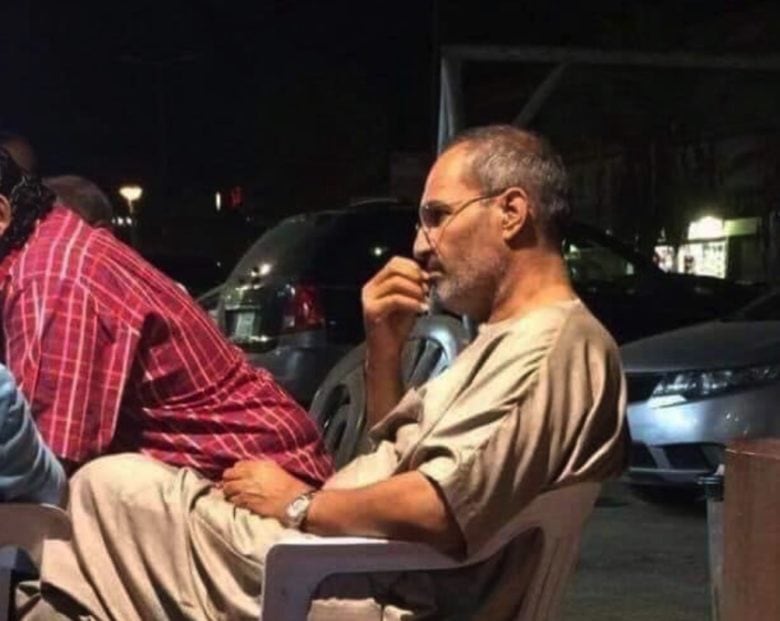It ended up having neither the enticing minimalism of an iPod nor the convenient slimness of a RAZR.
但是,该系列手机既没有iPod迷人的极简风格,也没有刀锋系列便捷的超薄造型。
Ugly, difficult to load, and with an arbitrary hundred-song limit,
它外观丑陋,下载困难,只能容纳近百首歌曲。
it had all the hallmarks of a product that had been negotiated by a committee, which was counter to the way Jobs liked to work.
这是典型的委员会讨论之下形成的产品,与乔布斯喜欢的工作方式相悖。
Instead of hardware, software, and content all being controlled by one company,
RAZR系列手机的硬件、软件和内容并非由同一家公司控制,
they were cobbled together by Motorola, Apple, and the wireless carrier Cingular.
而是由摩托罗拉公司、苹果公司及无线运营商辛格勒共同拼凑而成。
"You call this the phone of the future?" Wired scoffed on its November 2005 cover.
《连线》杂志在其2005年11月号的封面上嘲讽道:“你们管这叫未来的手机?”
Jobs was furious. "I'm sick of dealing with these stupid companies like Motorola,"
乔布斯怒不可遏。“我受够了跟摩托罗拉这些愚蠢的公司打交道。”
he told Tony Fadell and others at one of the iPod product review meetings. "Let's do it ourselves."
在一次iPod产品评述会议上,他对托尼·法德尔及其他人说。“我们自己来。”

He had noticed something odd about the cell phones on the market: They all stank, just like portable music players used to.
他注意到市场上手机的奇怪之处:他们都很烂,就像以前的便携式音乐播放器一样。
"We would sit around talking about how much we hated our phones," he recalled.
“我们会坐在一起谈论有多么讨厌自己的手机,”他回忆说。
"They were way too complicated. They had features nobody could figure out, including the address book. It was just Byzantine."
“它们太复杂,有些功能没人能搞明白,包括通讯簿。简直就跟拜占庭一样混乱不堪。”
George Riley, an outside lawyer for Apple, remembers sitting at meetings to go over legal issues,
律师乔治·莱利还记得自己当时坐在会议室里检查法律问题,
and Jobs would get bored, grab Riley's mobile phone, and start pointing out all the ways it was "brain-dead."
乔布斯觉得厌烦了,于是拿起莱利的手机,历数各类缺陷,指出这完全就是“脑残”设计。
So Jobs and his team became excited about the prospect of building a phone that they would want to use.
乔布斯及其团队十分兴奋,因为他们看到了打造一款自己想用的手机的前景。
"That's the best motivator of all," Jobs later said.
“这是最好的动力。”乔布斯后来说道。



